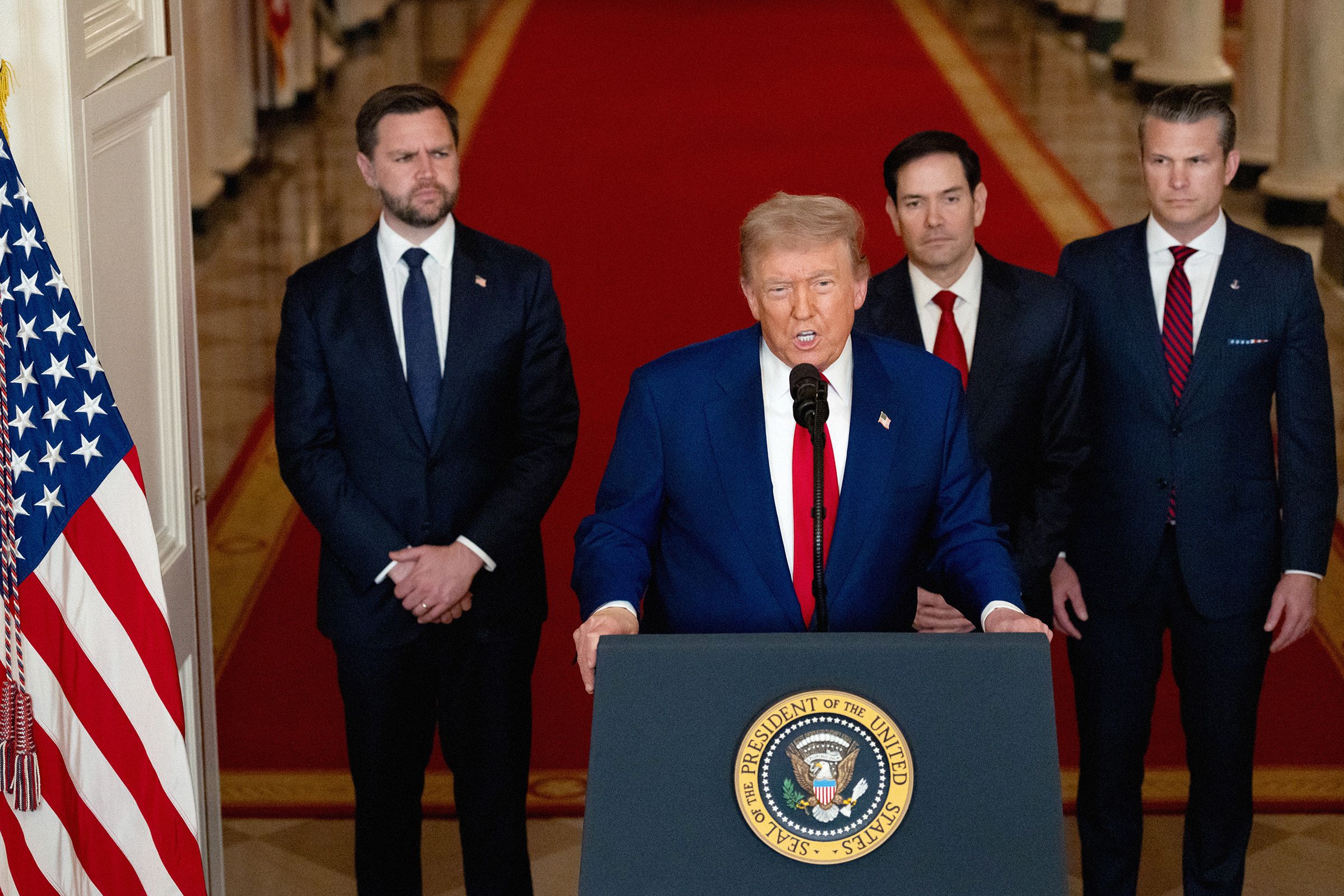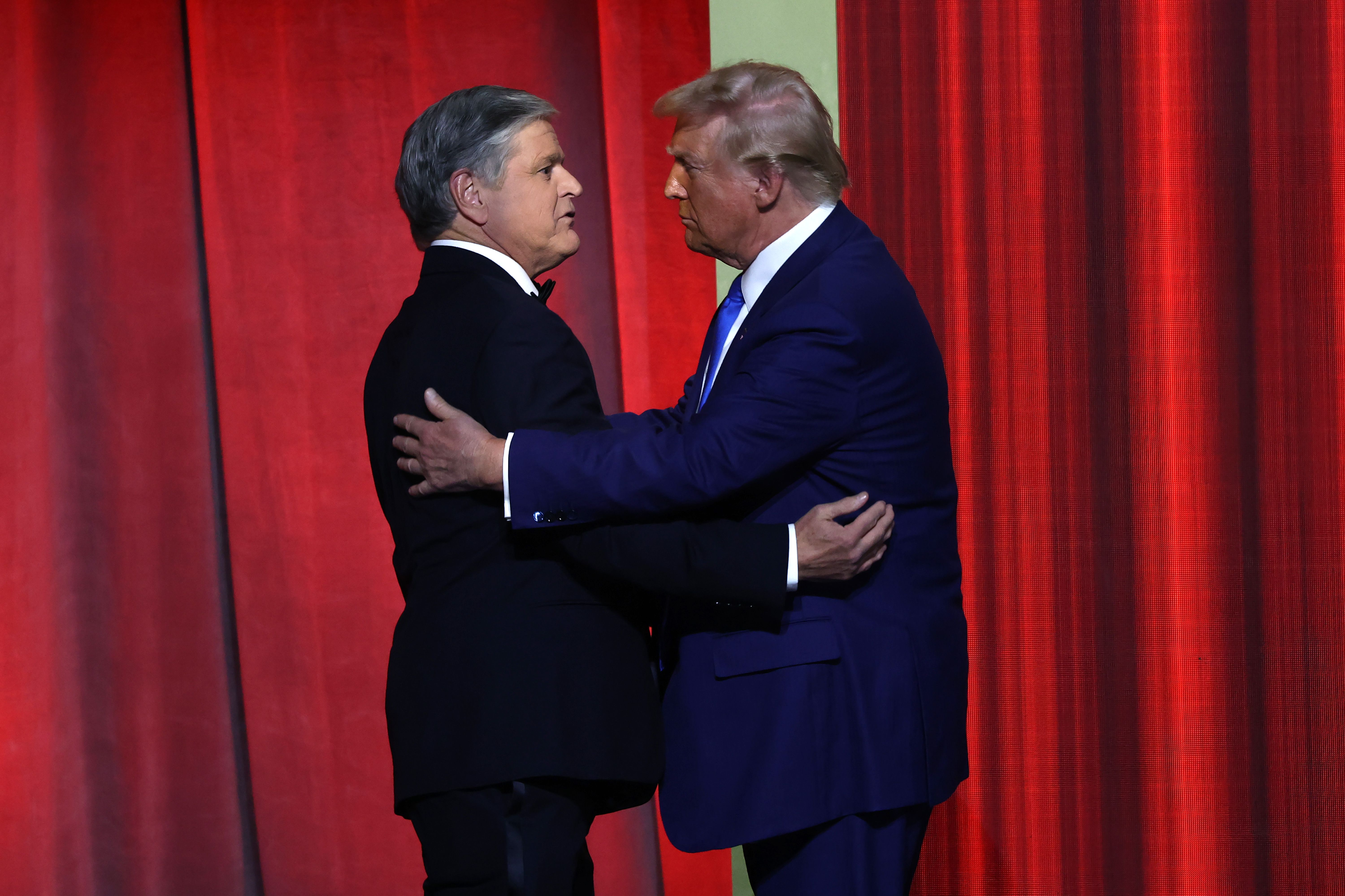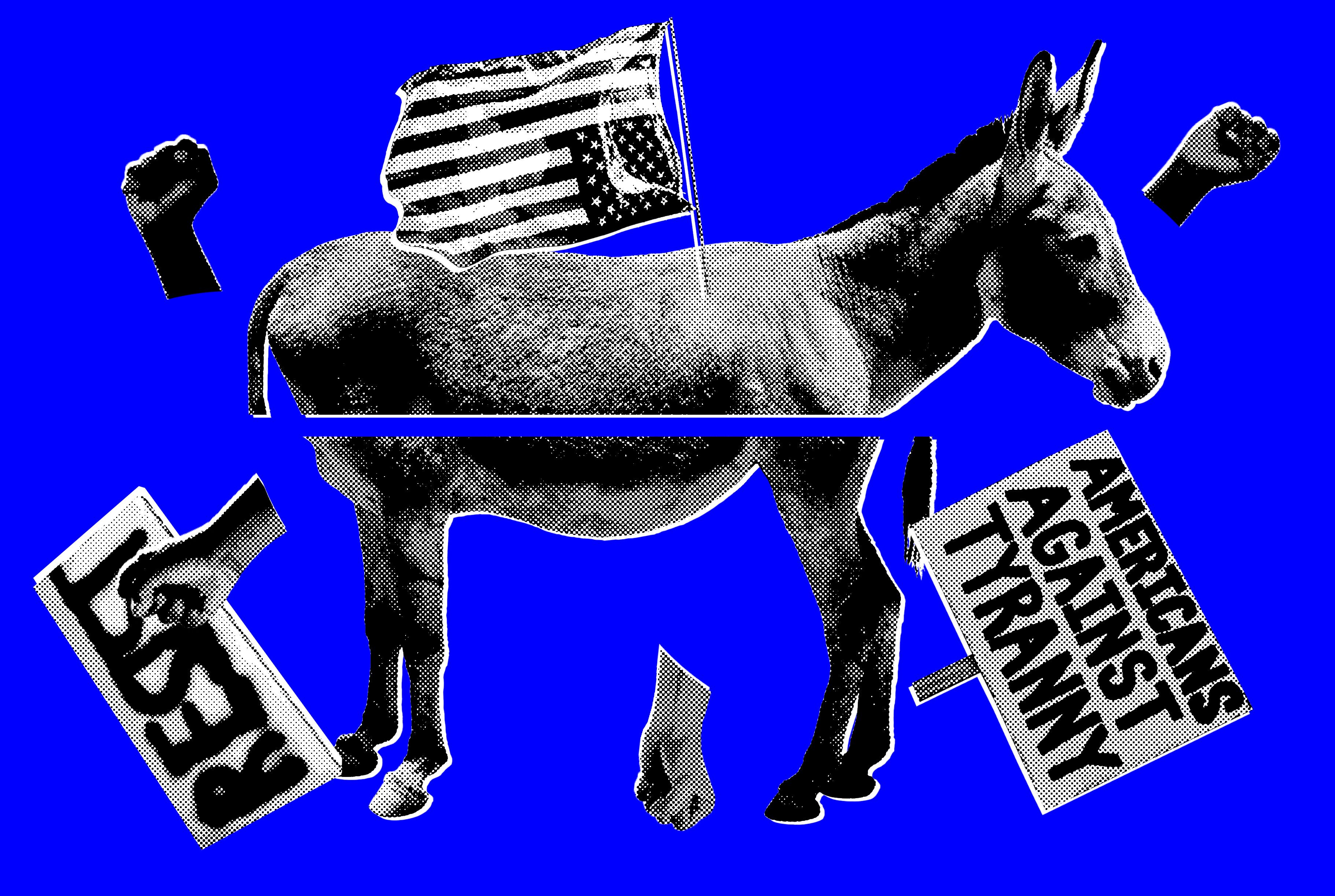International Nuclear Watchdog Issues Stark Warning in Wake of US Iran Strikes
International Nuclear Watchdog Issues Stark Warning in Wake of US Iran Strikes
In the aftermath of the recent US airstrike that killed Iranian General Qasem Soleimani, the…

International Nuclear Watchdog Issues Stark Warning in Wake of US Iran Strikes
In the aftermath of the recent US airstrike that killed Iranian General Qasem Soleimani, the International Atomic Energy Agency (IAEA) has issued a stark warning about the potential consequences for global nuclear security.
The IAEA, the United Nations agency tasked with monitoring and promoting the peaceful use of nuclear energy, expressed concerns about the escalating tensions between the US and Iran, which could have far-reaching implications for the Iran nuclear deal.
The Iran nuclear deal, officially known as the Joint Comprehensive Plan of Action (JCPOA), was signed in 2015 with the aim of restricting Iran’s nuclear program in exchange for the lifting of economic sanctions. However, the US withdrew from the agreement in 2018, leading to increased hostilities between the two countries.
The IAEA’s Director-General, Rafael Mariano Grossi, emphasized the importance of upholding the JCPOA and called on all parties to exercise restraint and avoid actions that could further destabilize the region.
Concerns have been raised about Iran’s potential withdrawal from the JCPOA in response to the US strikes, which could lead to an increase in uranium enrichment and other nuclear activities that are currently being monitored by the IAEA.
The IAEA has urged Iran to cooperate fully with its inspections and verification efforts to ensure compliance with the JCPOA and maintain transparency in its nuclear activities.
The escalating tensions in the Middle East have raised alarm bells among nuclear experts, who fear the possibility of a nuclear arms race in the region if diplomatic efforts fail to de-escalate the situation.
The IAEA has called for all parties to prioritize dialogue and diplomatic solutions to avoid a further deterioration of the situation, which could have catastrophic consequences for global security and stability.







